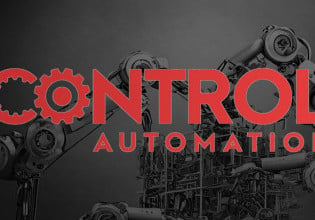M
Honestly, whats wrong with a 2 year degree?
I have a 2 year degree in engineering, yes i know im not an engineer, but i am capable of alot of what a PE can do. Also i have the manufacturing expirence that MOST engineers dont have, which gives me the know-how of how it all works.
Plus, robotics expirence. do any of you know what SkillsUSA VICA is? look it up, Skillsusa.org. maybe instead of finding 4 year people, try looking at their results from the national competitions. thats the best of the best in the nation.
By the way, i got first at nationals this year in robotics and automation technology. (beat out last years 1st place team by over 200%)
Thats all for now, let me know whats up!
I have a 2 year degree in engineering, yes i know im not an engineer, but i am capable of alot of what a PE can do. Also i have the manufacturing expirence that MOST engineers dont have, which gives me the know-how of how it all works.
Plus, robotics expirence. do any of you know what SkillsUSA VICA is? look it up, Skillsusa.org. maybe instead of finding 4 year people, try looking at their results from the national competitions. thats the best of the best in the nation.
By the way, i got first at nationals this year in robotics and automation technology. (beat out last years 1st place team by over 200%)
Thats all for now, let me know whats up!






